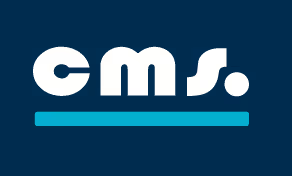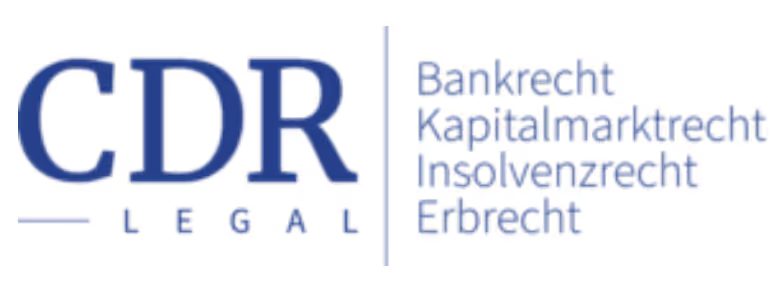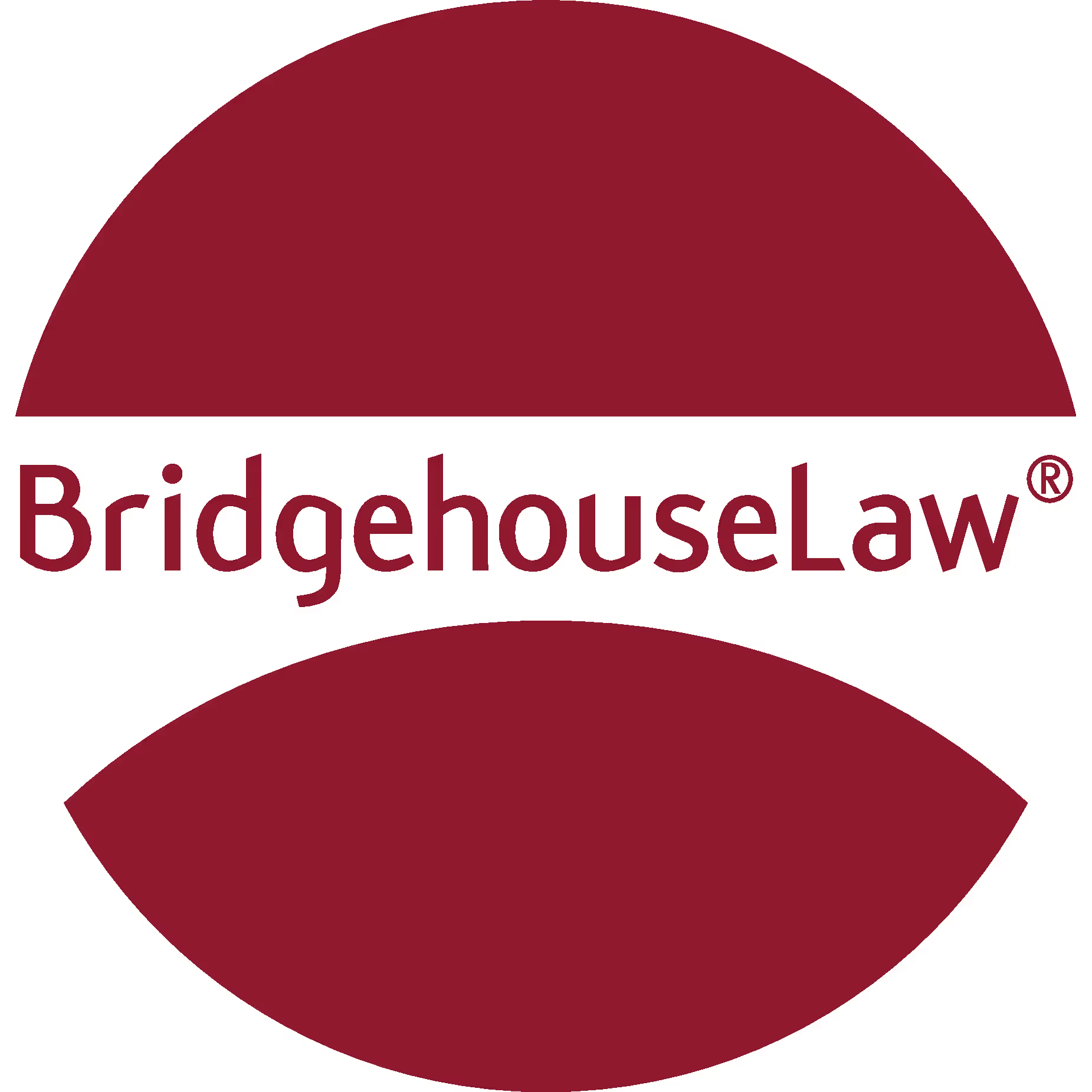Debt Collection Agency in Germany – No Win, No Fee
Stop chasing overdue invoices in Germany. Your claims are handled exclusively by LIQUIDA Inkasso GmbH, our licensed local experts (Inkassobüro) who recover your debts—fast, with zero upfront fees. Submit claims in minutes, track real-time updates, and effortlessly get your money back.

Why Choose Debitura for Debt Collection in Germany?

Fast, simple and risk-free debt collection in Germany
Debitura connects you with LIQUIDA Inkasso GmbH, a Heilbronn-based debt collection agency with 25+ years of experience and over 70 employees. ISO 9001 certified and a BDIU member since founding.
- Risk-free: Pay only when we recover your money.
- Quick setup: Submit invoices in a few clicks.
- Real-time tracking: Monitor progress live in one portal.
- Local expertise: Licensed German Inkassounternehmen handles everything.

Getting started is simple
- Create your free Debitura account and submit your German claim with invoice details.
- LIQUIDA Inkasso GmbH contacts your debtor within 24 hours using German-language communication.
- Track real-time progress in your dashboard. Pay only when funds are recovered.
Prefer automation? Connect your ERP or accounting software to submit claims automatically.


Success-based pricing - you pay only when we collect
Debitura operates on a strict No Win, No Fee model. There are no upfront costs, no subscription fees, and no hidden charges.
- Zero upfront fees: Start without any financial commitment.
- Pay on success: You are only charged when your money is recovered.
- Transparent rates: Clear fee structure with no surprises.
- Local invoicing: LIQUIDA Inkasso GmbH bills you in EUR with German VAT compliance.

Fast, simple and risk-free debt collection in Germany
Debitura connects you with LIQUIDA Inkasso GmbH, a Heilbronn-based debt collection agency with 25+ years of experience and over 70 employees. ISO 9001 certified and a BDIU member since founding.
- Risk-free: Pay only when we recover your money.
- Quick setup: Submit invoices in a few clicks.
- Real-time tracking: Monitor progress live in one portal.
- Local expertise: Licensed German Inkassounternehmen handles everything.
Debt Collection Process in Germany - Clear, Fast and Fully Managed
Why you can trust this guide
At Debitura, we uphold the highest standards of impartiality and precision to bring you comprehensive guides on international debt collection. Our editorial team boasts over a decade of specialized experience in this domain.
Questions or feedback? Email us at contact@debitura.com — we update this guide based on your input.
Debitura By the Numbers:
- 10+ years focused on international debt collection
- 100+ local attorneys in our partner network
- $100M+ recovered for clients in the last 18 months
- 4.9/5 average rating from 621 reviews
Expert-led, locally validated
Written by Robin Tam (16 years in global B2B debt recovery). Every page is reviewed by top local attorneys to ensure legal accuracy and practical steps you can use.
Contributing local experts:
Last updated:
From first contact to final recovery, your German debt collection follows a proven four-stage journey. Most commercial debts resolve during amicable collection (Vorgerichtliches Mahnverfahren), with legal escalation available only if needed and always under your control.
- Most German debts resolve in the amicable phase without court involvement.
- Typical timeline: 60-90 days from first notice to resolution.
- Legal escalation via Mahnverfahren available if debtor does not pay.
- Enforcement through court bailiffs (Gerichtsvollzieher) if judgment is obtained.
Step 1. Quick & Secure Claim Submission (Forderungsübergabe) 📤
Easily initiate your case in under 2 minutes, using one of our convenient and secure methods:
- Online Dashboard: Directly upload overdue invoices and debtor information quickly.
- REST API Integration: Securely connect your internal finance systems to automate claim submissions.
- ERP Integrations: Seamlessly submit claims via popular ERP platforms such as QuickBooks and Xero.
- Zapier Integration: Automatically transfer claims from over 5,000+ compatible business apps.
⏳ Duration: Immediate submission, instant case activation.
- Next Steps & Initial Response: Upon submission, our specialists at LIQUIDA Inkasso GmbH promptly review your documentation, confirming completeness and compliance within 24-48 hours. You will receive confirmation of acceptance and details of immediate next actions, including timelines for first debtor outreach.
- Data Security & Confidentiality Assured: All communications and documents are handled through secure, SSL-encrypted channels. Debitura and LIQUIDA Inkasso GmbH strictly adhere to GDPR regulations, safeguarding your data at every step.
Step 2. Amicable Collection(Vorgerichtliches Mahnverfahren) by Licensed Experts 🤝
LIQUIDA Inkasso GmbH initiates professional debtor communication:
- Compliant, escalating payment reminders (Mahnschreiben), tailored calls, and respectful negotiations.
- Debtor details verification and potential installment arrangements.
- Strict adherence to German debt transparency laws (Rechtsdienstleistungsgesetz, RDG), ensuring debtors clearly understand their rights, timelines, and obligations at every stage.
⏳ Duration: Typically 15–30 days, depending on debtor responsiveness.
Step 3. Optional Legal Escalation – Gerichtliches Mahnverfahren ⚖️
If amicable collection fails, LIQUIDA seamlessly transitions to Germany’s streamlined judicial payment order process (gerichtliches Mahnverfahren). Uncontested debts typically resolve within 6–8 weeks. For contested or complex cases, Debitura transparently provides up to three competitive quotes from specialized German debt collection attorneys, clearly outlining expected court costs, litigation fees, and timeframes.
⏳ Duration: 6–8 weeks (uncontested), several months if litigation is contested.
Step 4. Enforcement & Recovery 🏦
After securing an enforceable title (Vollstreckungsbescheid), LIQUIDA pursues enforcement:
- Wage garnishment (Pfändung)
- Bank account seizures
- Bailiff enforcement (on-site visits and asset seizure)
Every enforcement action is digitally documented and trackable 24/7 via Debitura’s centralized platform—ensuring complete transparency until your funds are recovered.
⏳ Duration: Typically 2–4 weeks, varying by debtor circumstances.
Relationship-Preserving Collection Approach
At Debitura, we understand that maintaining positive business relationships during the debt collection process is crucial. Together with our local partner, LIQUIDA, we prioritize preserving your relationships with debtors through:
- Professional & Respectful Communication: Highly trained collection experts communicate clearly, respectfully, and neutrally, reducing friction and protecting your brand reputation.
- Flexible Payment Solutions: Offering structured payment plans or mediation options helps debtors fulfill obligations without damaging future business relationships.
- Transparency & Fairness: Clear, multilingual communication ensures debtors fully understand their rights, the timeline, and the steps involved, significantly reducing disputes and enhancing cooperation.
- Ethical Standards & Training: Our collection practices strictly adhere to German regulations (RDG), GDPR compliance, and professional ethics, ensuring respectful treatment and safeguarding your reputation.
Want to learn more about how to collect debt in Germany? Then read our new 2026 legal guide on debt collection in Germany.
Transparent Pricing: No Win, No Fee Debt Collection Germany
Debitura provides clear, predictable, and fully transparent pricing—no upfront fees, subscriptions, or hidden charges.
Our No Win, No Fee model ensures zero risk: you only pay after your debt is successfully recovered, giving you full financial confidence and predictable cash flow.
Pre-Legal Debt Collection Pricing (No Win, No Fee)
Our straightforward pricing structure is based solely on successful debt recovery:
- Claims under €999: 20% success fee
- Claims from €1,000 to €149,999: 9.5% success fee
- Claims above €150,000: 6% success fee
No setup charges, monthly subscriptions, or hidden administrative fees—guaranteed. If we don’t collect, you owe nothing.
Optional Legal Action – Clear & Competitive
Should legal escalation become necessary, Debitura makes the process simple and transparent. We source up to three competitive, obligation-free quotes from vetted German debt collection attorneys.
- Quote Sourcing Cost: €0 (always free)
- Attorney & Court Fees: Fully itemized, transparent, and clearly communicated upfront
- Your Control: No legal action proceeds without your explicit approval of costs and strategy.
Who We Help – Specialized Debt Recovery Solutions in Germany
Debitura provides targeted debt recovery solutions for businesses of all sizes facing international debt recovery challenges in Germany. Trusted by 120+ international clients across 30+ countries, we have extensive experience supporting industries including logistics, automotive, manufacturing, technology, and professional services.
- SMEs & Small Businesses ✅
SMEs rely on steady cash flow. Whether you're a UK startup owed payments by a German distributor or a mid-sized exporter facing delayed invoices from German clients, Debitura makes cross-border collections straightforward, affordable, and risk-free. Recover debts easily via our intuitive digital platform and expert local support. - Enterprises & Multinational Companies 🏢
Multinational corporations, such as US-based manufacturers managing overdue payments from German subsidiaries, benefit greatly from Debitura’s centralized approach. Streamline complex, multi-jurisdictional collections through one unified platform—fully supported by licensed German experts who handle local legal intricacies and compliance. - International Suppliers & Partners 🌍
Global exporters and suppliers appreciate our English-speaking German debt collection experts. Clearly communicate your needs and efficiently manage German debtors, preserving critical business relationships. Debitura ensures fast, professional, and compliant cross-border debt recovery, helping your global business maintain smooth financial operations.
Start Recovering Your International Debts Now →
Our German & International Expertise
Debitura delivers seamless cross-border debt recovery in Germany and beyond—powered by 500+ fully licensed local partners, including specialists like LIQUIDA. With vetted multilingual experts covering 183 jurisdictions, our standardized "no win, no fee" pricing and unified global collection terms ensure maximum transparency and efficiency. Each partner agency deeply understands international commercial law, local debt collection practices, and seamlessly integrates with credit-check services, local courts, attorneys, and export insurance providers. Track all cases effortlessly through our centralized digital platform.
Find a Local Collection Partner in Your Market →
Tech-Enabled Debt Collection in Germany – ERP, API, AI & Secure Integrations
Leverage cutting-edge technology to automate and enhance your debt recovery process in Germany with Debitura. Our innovative legal tech solutions and secure integrations significantly boost your efficiency, accuracy, and collection success.
- Plug-and-Play ERP Integrations: Instantly submit claims, synchronize payment statuses, and streamline international debt management with seamless integrations into ERP systems like QuickBooks and Xero.
- Flexible REST API for Custom Integrations: Easily integrate Debitura securely with your internal finance systems. Centralize workflows, automate data transfers, and effortlessly manage debt collection across multiple platforms.
- Zapier Integration (5,000+ apps): Automate repetitive administrative tasks by connecting Debitura with the apps your finance team already uses, improving accuracy, productivity, and freeing up resources to focus on strategic initiatives.
- AI & Legal Tech Innovations: Our platform utilizes advanced AI technologies like intelligent document analysis and chatbots (powered by ChatGPT and industry-leading tools) to expedite debtor communications, perform precise legal analyses, and optimize collection strategies.
- Enhanced Security & Compliance: Protect your sensitive financial data with SSL-encrypted file sharing, GDPR-compliant data handling, and secure 24/7 online file access. Debitura ensures your collections remain secure and fully compliant with German and EU data protection regulations.
- Integrated Credit Checks & External Data: Benefit from direct integration with leading credit bureaus like SCHUFA, enhancing debtor assessment and decision-making through real-time financial solvency checks and proactive debtor monitoring.
Spend less time chasing invoices—experience faster collections, improved accuracy, and maximum efficiency with Debitura.
Find a Local Debt Collection Lawyer
Need court-ready representation? Share your case once and receive up to three proposals from vetted litigation attorneys—free, fast, and with no commitment.
- Verified specialists
- Quotes in 24 h, no hidden fees
- Fair, pre-negotiated rates

CMS Collection GmbH is a premier debt recovery agency in Mainz offering effective Debt Collection services in Germany, founded in 2013, and recognized for its memberships in BDIU, BvCM, and ICE, serving clients worldwide with trusted expertise.

CDR Legal Rechtsanwalt GmbH is a premier law firm in Rosenheim offering effective Debt Collection services in Germany, founded in 2012 and led by Corinna D. Ruppel, with a nationwide presence and memberships in Deutscher Anwaltverein and Deutsche Vereinigung für Erbrecht und Vermögensnachfolge.

BridgehouseLaw Germany Villwock Heinze Rechtsanwälte PartGmbB is a premier law firm in Cologne offering effective Debt Collection services in Germany, recognized since 2019 with accolades such as the Acquisition International M&A Awards, serving countries including the USA, Canada, and China.

LIQUIDA Inkasso GmbH is a premier debt recovery agency in Heilbronn offering effective debt collection services in Germany, positioning itself as the go-to partner with a 1999 founding, competitive success rates, and memberships in BDIU, IVÖ, and FENCA, serving multiple European countries.





.svg)

.webp)
.png)

.png)
.svg)












.svg)

